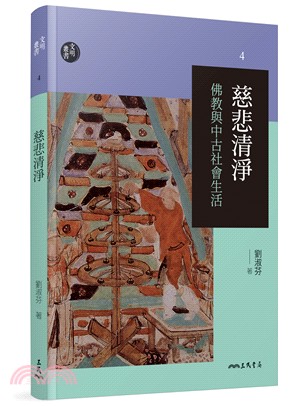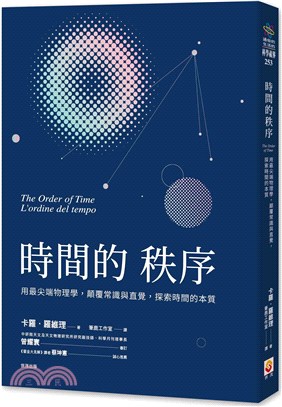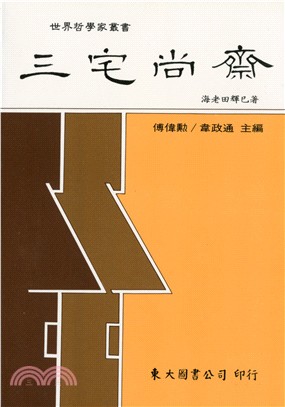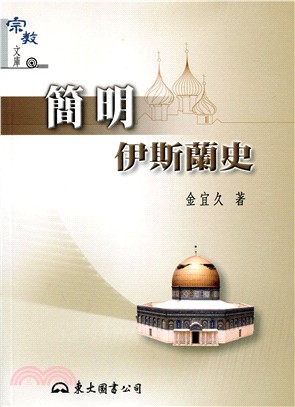Tour of Duty: Samurai, Military Service in Edo, and the Culture of Early Modern Japan
商品資訊
商品簡介
Alternate attendance (sankin kotai) was one of the central institutions of Edo-period (1603–1868) Japan and one of the most unusual examples of a system of enforced elite mobility in world history. It required the daimyo to divide their time between their domains and the city of Edo, where they waited upon the Tokugawa shogun. Based on a prodigious amount of research in both published and archival primary sources, Tour of Duty renders alternate attendance as a lived experience, for not only the daimyo but also the samurai retainers who accompanied them. Beyond exploring the nature of travel to and from the capital as well as the period of enforced bachelorhood there, Constantine Vaporis elucidates—for the first time—the significance of alternate attendance as an engine of cultural, intellectual, material, and technological exchange.
Vaporis argues against the view that cultural change simply emanated from the center (Edo) and reveals more complex patterns of cultural circulation and production taking place between the domains and Edo and among distant parts of Japan. What is generally known as "Edo culture" in fact incorporated elements from the localities. In some cases, Edo acted as a nexus for exchange; at other times, culture traveled from one area to another without passing through the capital. As a result, even those who did not directly participate in alternate attendance experienced a world much larger than their own. Vaporis begins by detailing the nature of the trip to and from the capital for one particular large-scale domain, Tosa, and its men and goes on to analyze the political and cultural meanings of the processions of the daimyo and their extensive entourages up and down the highways. These parade-like movements were replete with symbolic import for the nature of early modern governance. Later chapters are concerned with the physical and social environment experienced by the daimyo’s retainers in Edo; they also address the question of who went to Edo and why, the network of physical spaces in which the domainal samurai lived, the issue of staffing, political power, and the daily lives and consumption habits of retainers. Finally, Vaporis examines retainers as carriers of culture, both in a literal and a figurative sense. In doing so, he reveals the significance of travel for retainers and their identity as consumers and producers of culture, thus proposing a multivalent model of cultural change.
主題書展
更多書展本週66折
您曾經瀏覽過的商品
購物須知
外文書商品之書封,為出版社提供之樣本。實際出貨商品,以出版社所提供之現有版本為主。部份書籍,因出版社供應狀況特殊,匯率將依實際狀況做調整。
無庫存之商品,在您完成訂單程序之後,將以空運的方式為你下單調貨。為了縮短等待的時間,建議您將外文書與其他商品分開下單,以獲得最快的取貨速度,平均調貨時間為1~2個月。
為了保護您的權益,「三民網路書店」提供會員七日商品鑑賞期(收到商品為起始日)。
若要辦理退貨,請在商品鑑賞期內寄回,且商品必須是全新狀態與完整包裝(商品、附件、發票、隨貨贈品等)否則恕不接受退貨。
























